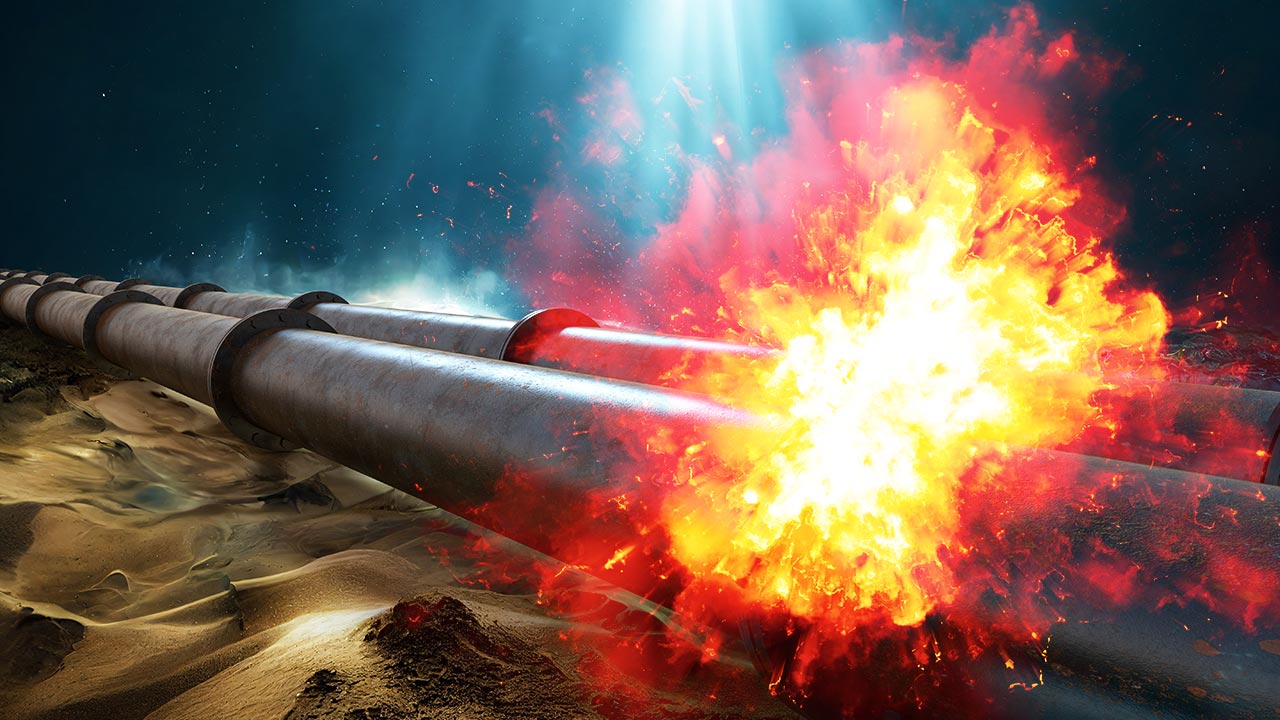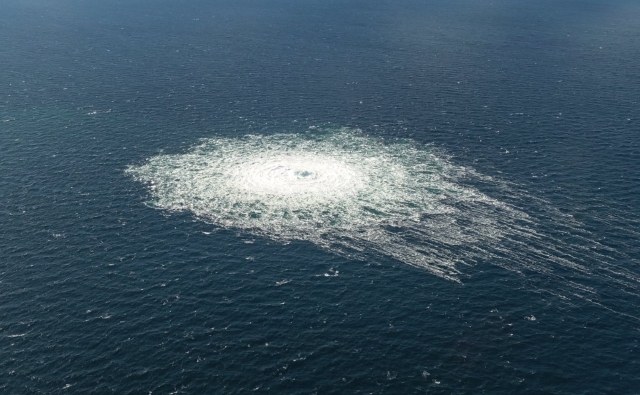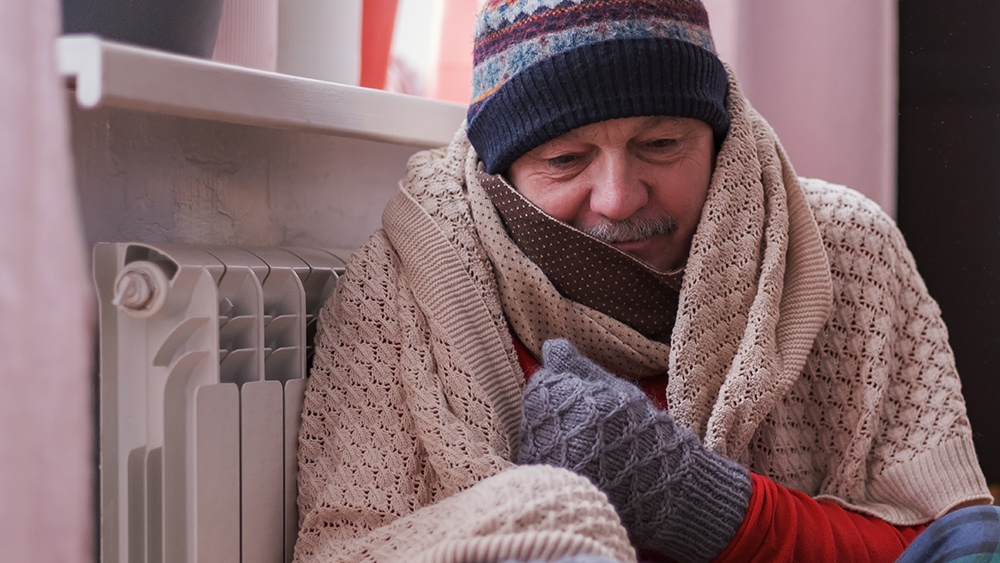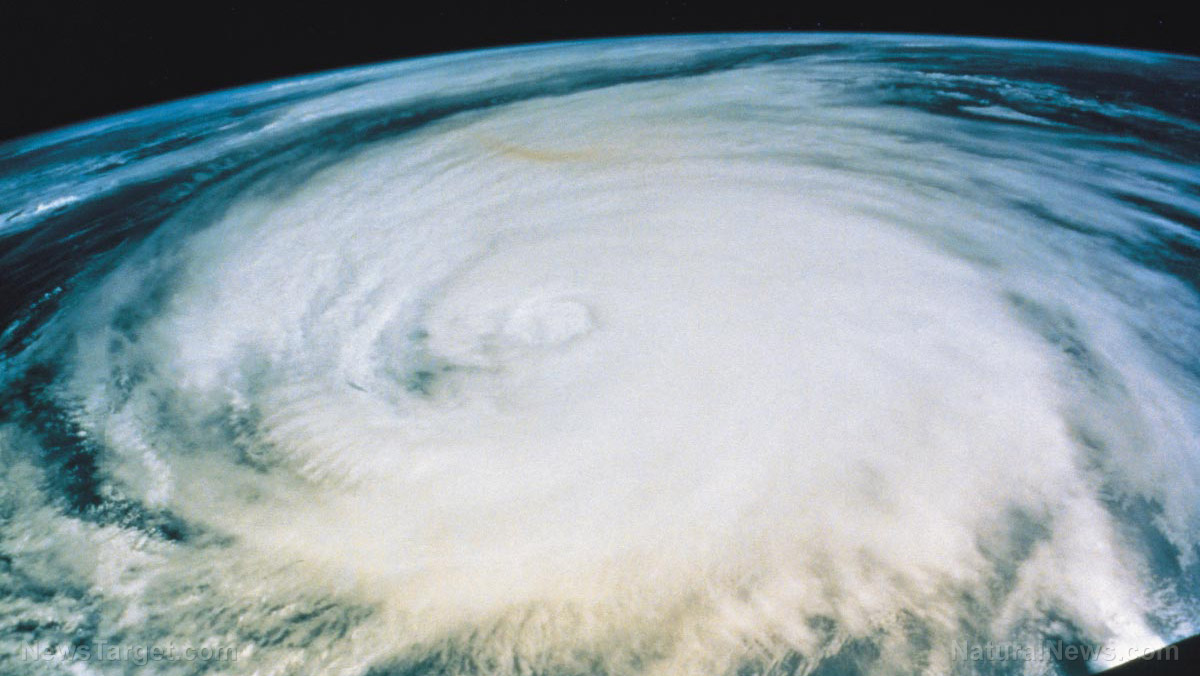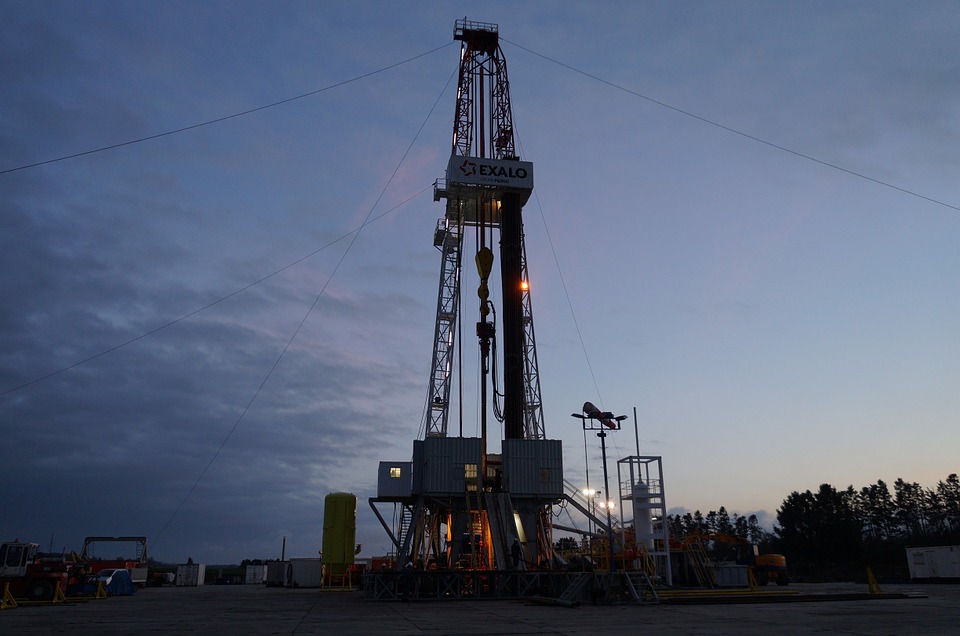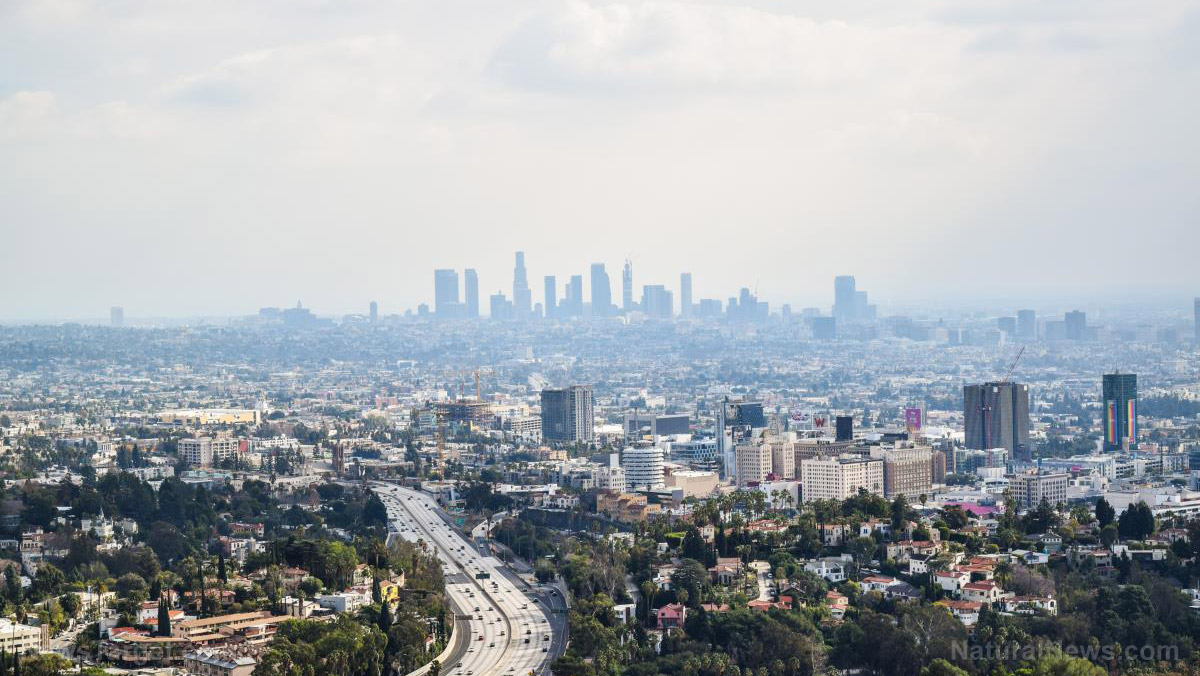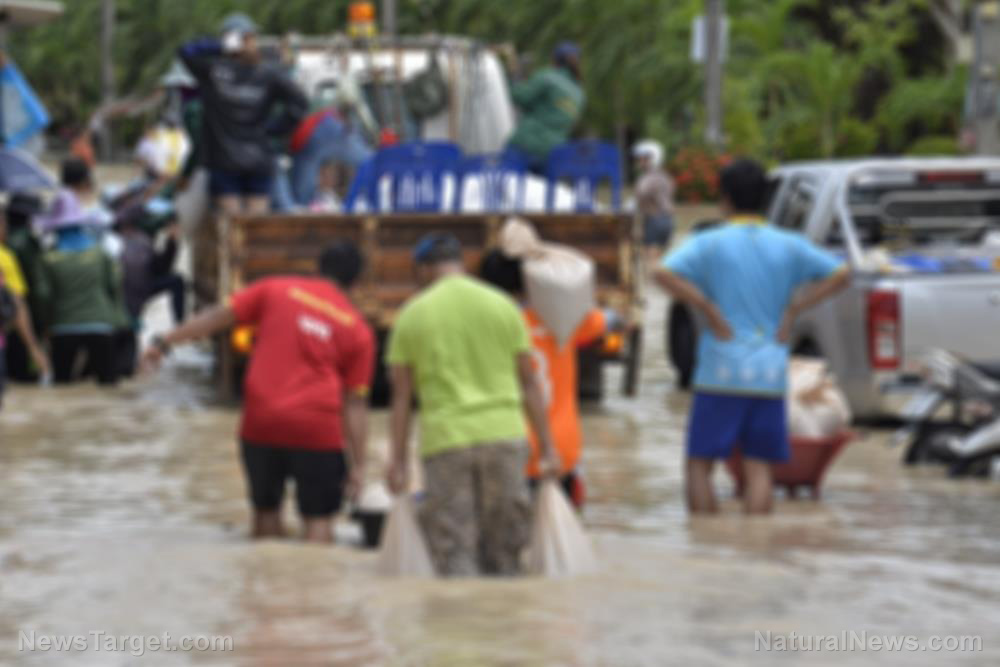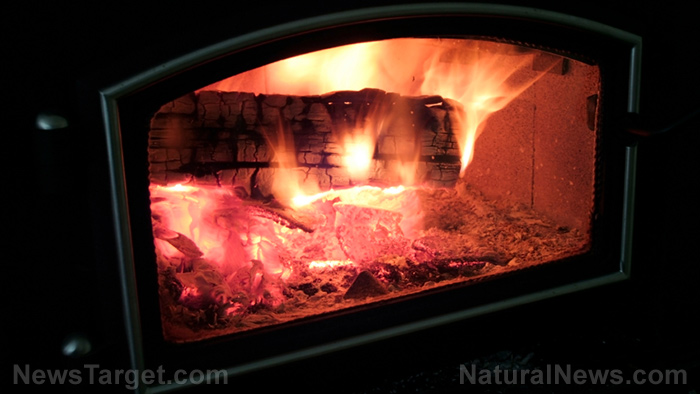Europe now feeling the effects of Russian energy supply cutbacks as winter approaches
10/04/2022 / By Mary Villareal
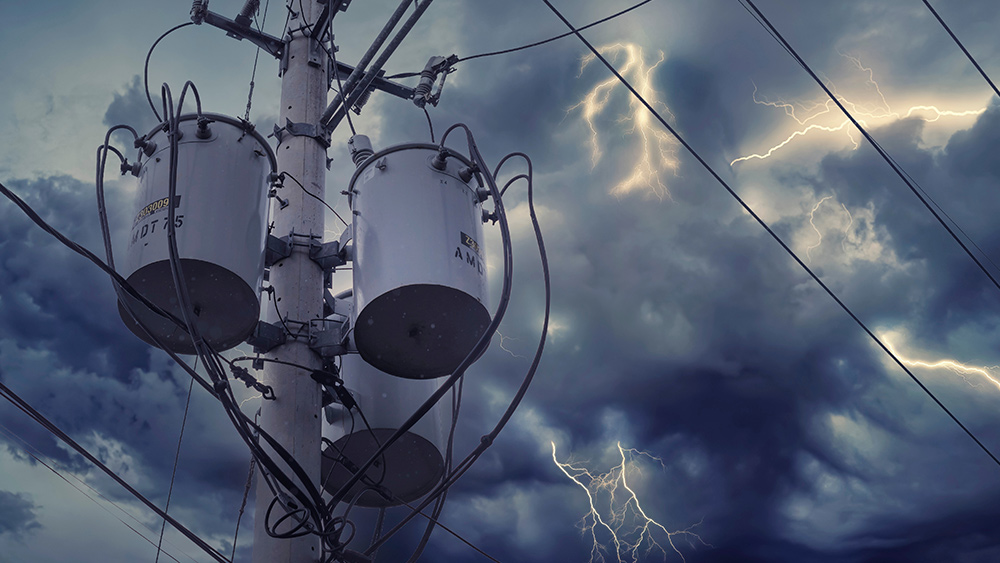
Europe is now experiencing the repercussions of Russian energy supply cutbacks.
According to the Associated Press, people in poorer Eastern European countries are relying once more on firewood to tide them over the winter. Meanwhile, richer nations such as Germany are seeing a crunch in the supply of energy-saving heat pumps – with new stock projected to arrive at least six months.
Germany, which depends on Russian energy to survive, is certainly feeling the pinch. Statues and historic buildings are going dark. Bakers are on the verge of giving up due to the exorbitant energy costs. Produce growers are now considering letting their greenhouses stand idle.
Richard Kovacs, business development manager for Hungarian burger chain Zing Burger, said restaurants are already running the grills no more than necessary. He added that motion detectors are being used to turn off lights in storage, given that some stores had been facing a 750 percent increase in electricity bills compared to the beginning of the year.
Dutch produce grower Bosch Growers, meanwhile, put in place different methods to conserve energy. It put up extra insulation, idled one greenhouse and experimented with growing produce at lower temperatures. However, this came at a serious price as its yields dropped and its blackberries took longer to ripen.
Bosch Growers and other companies serve as the lifeline of Europe’s winter supply. The continent won’t have anything to eat if in case they decide to close greenhouses to save on energy bills, or if they decide to take the loss coming from higher energy bills.
European officials say what Russia is doing is energy blackmail that is aimed at pressuring and dividing the European Union. Their dependence on Russian energy turned the war into an energy and economic crisis as prices soar to record months while also fluctuating wildly. (Related: Without Russian gas, Germany won’t survive this next winter.)
Governments scramble to find new supplies and conserve energy for winter
Governments now have to work hard to find new supplies and conserve energy as gas storage facilities are now 86 percent full ahead of the winter heating season, beating their initial goal of 80 percent by November.
They have also committed to lower gas use by 15 percent, which means that the Eiffel Tower will turn off over an hour earlier than usual and shops and buildings shut off their lights at night or lower their thermostats if possible.
German Chancellor Olaf Scholz said this month that early preparations also mean that Europe’s biggest economy is now in a position in which “we can go bravely and courageously into this winter, in which our country will withstand this.”
But even if there is gas in the winter, the high prices are already pushing people and businesses to use less while forcing energy-intensive factories like glass makers to close.
Europe is trying to help businesses by cutting their taxes while looking at reforming energy markets to gain longer-term solutions. However, the spending required to do these may be unsustainable. Nations have allocated only 500 billion euros ($491.8 billion) to ease high utility bills since September 2021, according to a Brussels think tank.
Visit PowerGrid.news for more updates about energy sources this summer.
Watch this video for more information about the possibility of winter blackouts in Europe.
This video is from the High Hopes channel on Brighteon.com.
More related stories:
German municipalities preparing for dark winter of blackouts, simulate 400 deaths in first 96 hours.
14 Alternative ways to stay warm without electricity.
GRID DOWN: Finnish grid operator warns of possible power outages this winter across Finland.
Sources include:
Submit a correction >>
Tagged Under:
big government, chaos, Collapse, crisis, economy, electricity, energy, energy crisis, energy supply, Europe, fossil fuel, fuel supply, natural gas, panic, power, power grid, rationing, Russia, Russian oil, scarcity, winter
This article may contain statements that reflect the opinion of the author
RECENT NEWS & ARTICLES
COPYRIGHT © 2017 POWER NEWS

